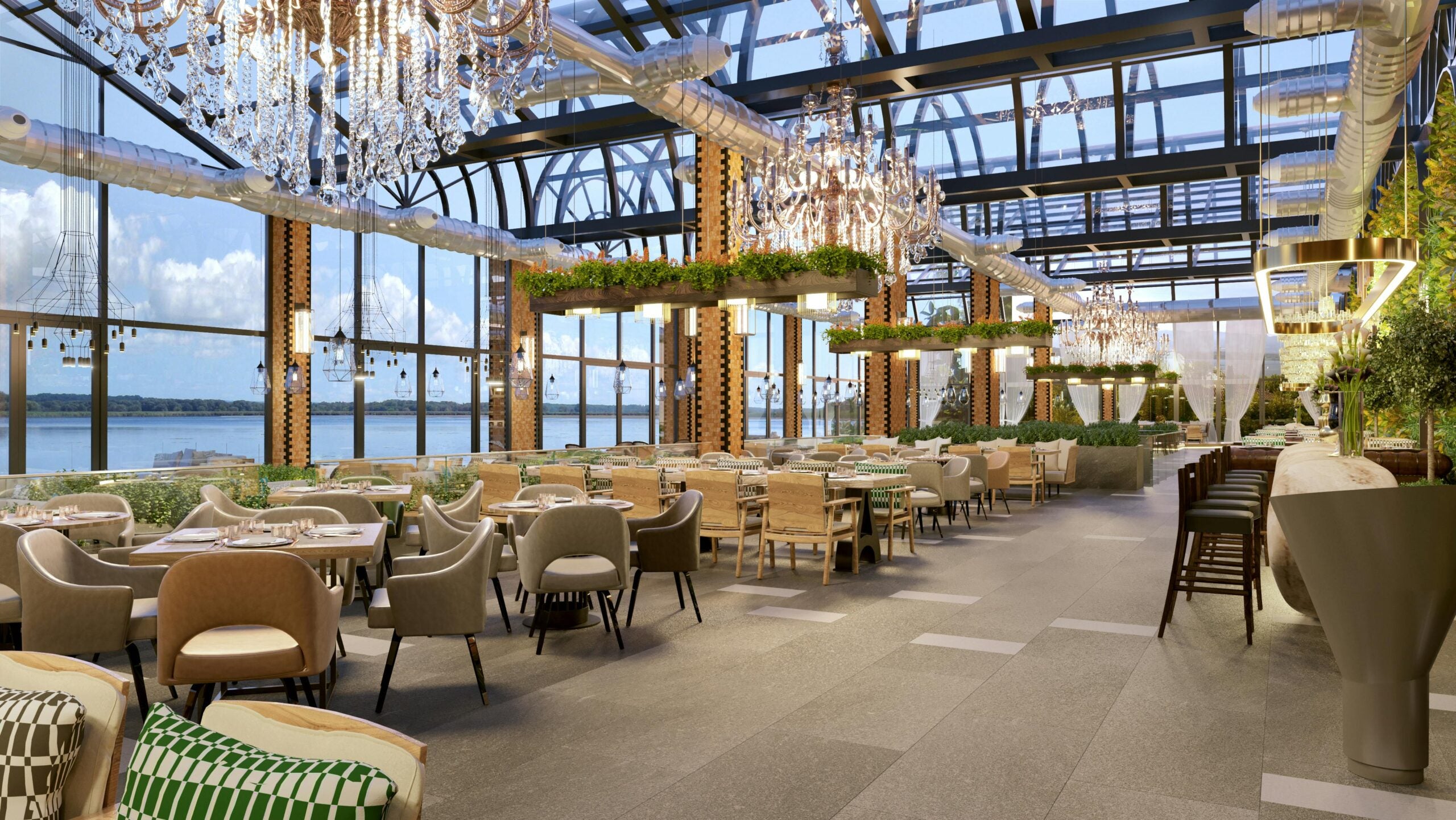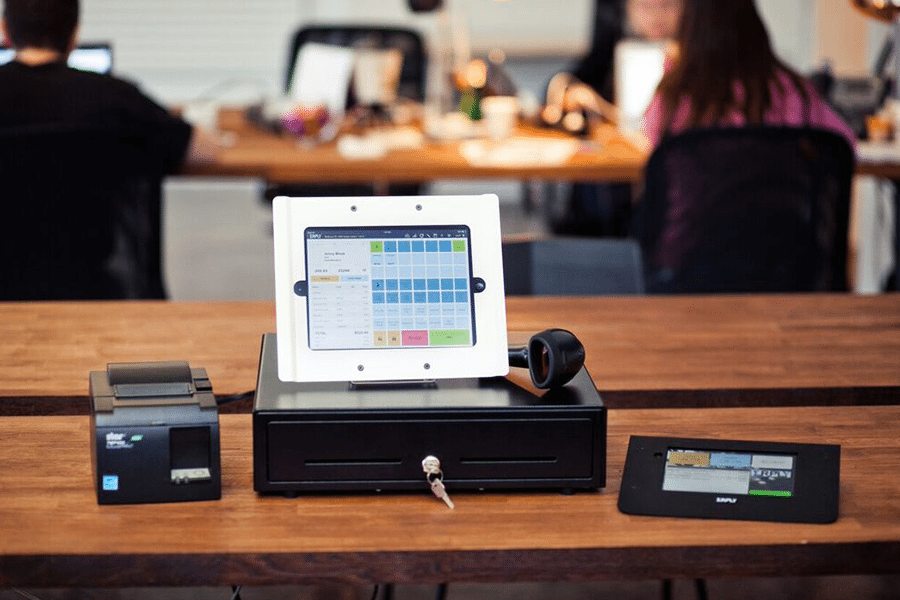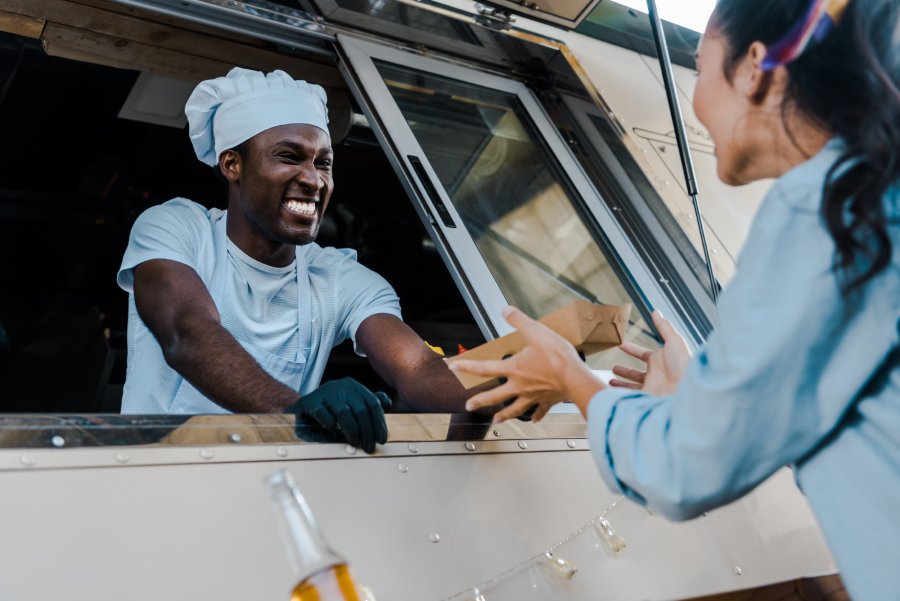The liquor license has been approved, your space has been renovated, and it is time to open your first bar! As you review your checklist of things to do before the opening date, don’t forget to look for liquor liability insurance.
No, your general liability insurance isn’t going to be enough for your bar. Liquor liability insurance is an important policy specifically created to cover the losses your business can face from overserving intoxicated patrons or the damages or injury an intoxicated customer may cause. While liquor liability costs can run high, the cost of not carrying it on your business can be even greater.
Key Takeaways:
- This type of insurance is a liability policy for any establishment that serves alcohol.
- When purchasing liquor liability, you can get it as a standalone policy or as an endorsement on general liability insurance.
- Liquor liability insurance costs will vary by state and the specifics of your bar but you can expect to pay at least several thousand dollars annually.
What’s the Dram Insurance Good For?
Liquor liability is a type of liability insurance that protects you from claims of injury or property damage through the negligence of your business. The coverage can be found by many different names, making it confusing—among the most common names you’ll find are dram insurance and liquor liability insurance.
Liquor liability coverage kicks in when someone makes an allegation that, due to intoxication that your business contributed to, someone was either injured, killed, or had property damaged. So, for a bar owner, a claim could look like this:
A group comes into your bar, and it is clear that they had been drinking before arrival. Several of the patrons are stumbling, and with slurred speech, ask for a round of shots. The bartender serves them a round of shots, and then several more. Shortly afterward, two of them get into an argument, and one of them throws a punch and knocks the other unconscious. He is transported to the hospital where it is determined he has suffered a traumatic brain injury.
Because your bar served someone who was obviously intoxicated, your business could be found liable for the injury to the harmed party.
Now, perhaps as you read this you’re thinking, but I wouldn’t serve someone obviously intoxicated. Message received. The challenge for bar owners is that being sued and being held liable are two different things. And finding out if you are liable via a lawsuit will be a very expensive and long journey. By the time a decision is reached, the out-of-pocket costs for a legal defense can total tens of thousands of dollars.
How Liquor Liability Insurance Works
Because it is a third-party liability coverage, liquor liability protects your business by paying for defense costs, investigation, and if necessary, claim settlements for other parties impacted by the loss. Remember, liquor liability is not general liability insurance. You will need to purchase this separately. Providers that offer bar insurance will sell it in one of two ways: as a standalone policy or as an endorsement for a general liability policy.
But wait, there’s more! If your bar operates special events off-site, you most likely will need to purchase a special short-term insurance policy. This is because liquor liability insurance is usually limited to a specific location. This type of policy is called special event insurance.
If you operate a cafe or restaurant that has a standing BYOB policy, double-check with your agent. But, odds are your current general liability policy will have the right coverage for that type of scenario.
Pro Tip: Make sure bartenders and employees are eligible for coverage as a patron on the policy. On the off chance an employee has a drink or drinks while on the job and this leads to a loss, you’ll want to make sure there is coverage in place.
South Carolina: A Case Study in Liquor Liability
In 2018, a car crash regrettably killed two individuals and injured a police officer. The driver of the vehicle, and the bar where they were served, were both uninsured.
This high-profile incident led to the South Carolina legislature passing a law requiring all businesses that serve alcohol after 5 p.m. to have a liquor liability policy with a minimum limit of $1 million. Since then, the cost of liquor liability in South Carolina has soared and is becoming cost-prohibitive for businesses to operate. The Blind Horse Saloon, a music and bar venue that had been open for 29 years, closed its doors due to liquor liability costs. It has hosted acts like Garth Brooks and Travis Tritt.1 Another South Carolina bar, Pinky’s Revenge, is dealing with the soaring cost of liquor liability. The owner told a local news station that in 2021, his liquor liability premium was $8,000. In 2023, it had risen to $31,000.2
How Much Does Liquor Liability Cost?
So, here’s the deal: bar insurance is not cheap. In a place like Louisiana where there is no dram shop law, it can cost around $2 per $1,000 in alcohol sales. Or in Alabama, a state with some of the toughest dram shop laws, bar insurance cost is around $16 per $1,000 in liquor sales.3
So, here is what this could look like for your business:
- A bar can expect to pay between $200 and $2,000 annually.
- A restaurant may pay between $200 and $600 annually.
- A caterer policy can range between $150 and $850.
All of these policies were for a standalone liquor liability policy and are averages taken from several quotes. The quote for your business may be very different.
Factors of Liquor Liability Cost
Insurance companies use large datasets from similar businesses to help determine the risk of your business and an appropriate premium. To determine this, they will ask you some questions related to your business that, in turn, will be used in the calculation of how much liquor liability cost should be for your bar.
Some of these will be questions on general information:
- Location
- Industry experience
- https://www.insurancejournal.com/news/southeast/2024/05/16/774456.htm ↩︎
- https://www.wyff4.com/article/rising-liquor-liability-rates-south-carolina-bars-alcohol/43896496 ↩︎
- https://www.insurancejournal.com/news/southcentral/2013/04/01/286632.htm ↩︎
- Number of employees
- Expected revenue
- Size of business
Others will be much more specific for your business. Questions like:
- What percentage of your revenue comes from alcohol sales?
- How late are you open?
- Do you serve alcohol after a certain time of evening?
- Does your business permit dancing or have a dance floor?
- Are your servers trained in TIPS or a similar program?
Once the premium is determined and you receive a quote, the figure isn’t necessarily set in stone. Adjusting the limits or deductibles can help you save some money.
You can also reach out to multiple carriers, or even use a broker, and compare quotes before deciding. The reason for doing so is that every insurance company has its own proprietary formula it will use to calculate a premium. So, it is not a foregone conclusion that the one quote you received is representative of the price you will pay from the other carriers.
State Guide to Dram Shop Laws
Currently, 43 states have a dram shop law in place guiding liability decisions in incidents involving alcohol. We’ve done research on each state’s laws and included it here to help keep you informed.
Please be aware that this information is subject to change by state legislatures.
Frequently Asked Questions
Last Bite
James Bond likes his drinks shaken, not stirred. But with the right lawyer, all of the damage he’d cause after a drink could be made to look like the liability fell on the bartender making Bond’s martini. That’s why liquor liability is an important part of a successful bar, restaurant, cafe, or any other type of business that serves alcohol. There aren’t many loss-specific types of coverage for small businesses, but alcohol is one of those, and so, it is an essential part of a restaurant business plan.



